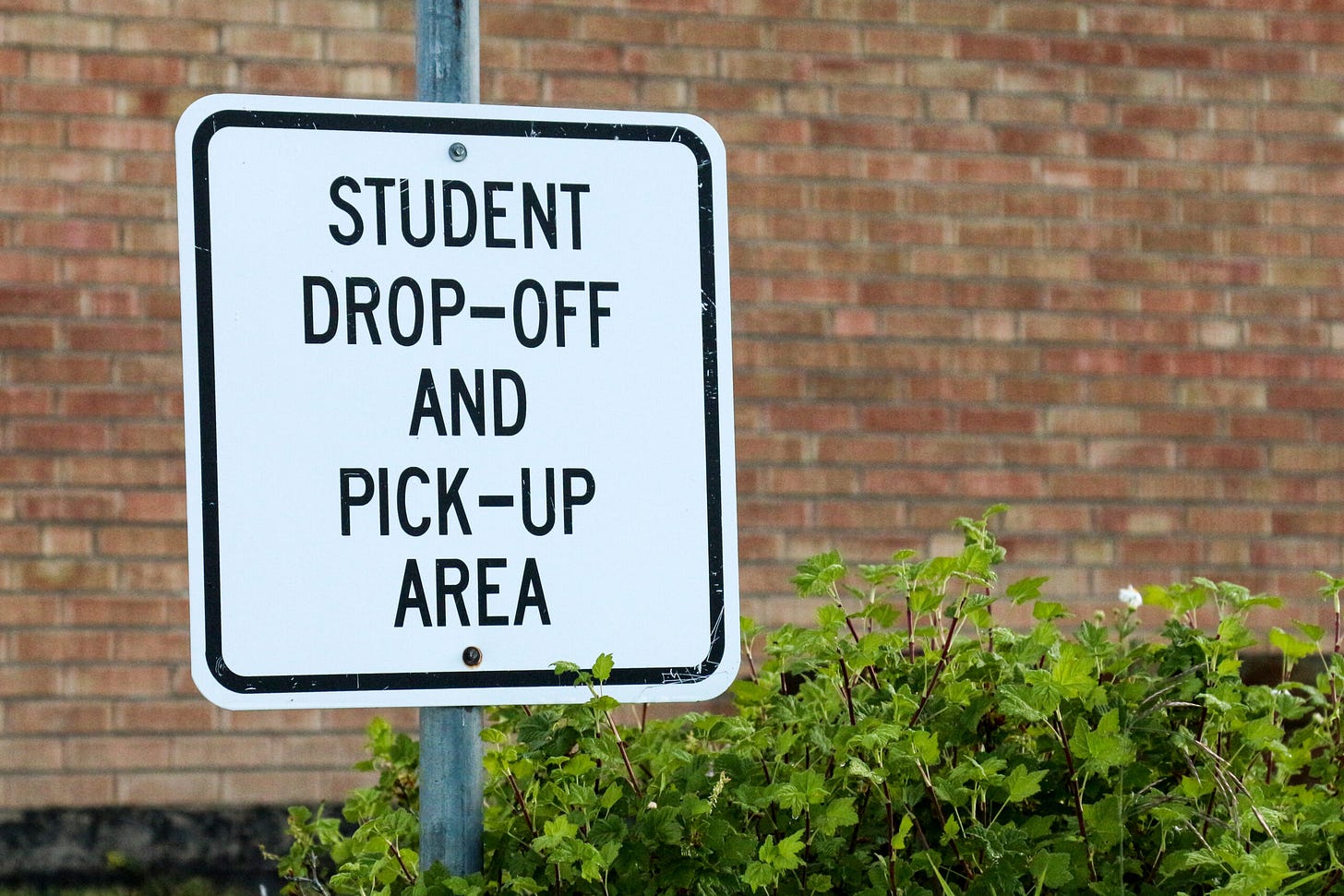High Mileage
A 1995 STPP report defined mothers by the amount of time they spent in their cars. Here's how statistics have evolved since.
I’m on a mission to help restore public trust. This is where I look closer at moments of global and national significance to show how cycles of misinformation and disinformation disorient communities.
Probable Cause is an XR civic education gaming experience that puts you in the driver’s seat during a routine traffic stop. Route 24 is its companion newsletter that invites you to explore our creative process on the project as we build, deconstructing traffic stop data, policing trends, and their community impact to jumpstart public awareness and, in turn, mobilize narrative change.
Driver’s Ed parks in your inbox on Mondays to shift your gears on key policy debates and test drive people-powered solutions.
Here’s where you come in. Every follow, share, and subscription helps to keep this work going and reach the people the mainstream media often misses.
For riders in a position to financially contribute, your dollars support the creative team with the critical resources needed to iterate, travel, and scale.
Start your engines…
In this issue: My mom drove me to school in the fifth grade. It was the 1990’s and my middle school’s shuttle system didn’t go to our neighborhood, so we’d be in the car and on the way to school by 5 AM. With heavy traffic, the ride took close to 2 hours one-way. It got me thinking about how much time parents spend on the road to meet their children’s transportation needs.
There’s not substantial, current, nationwide data available about mothers and driving time. It’s particularly interesting when you consider that licensed women drivers in the U.S. outnumber licensed male drivers.
A 1995 Surface Transportation Policy Partnership (STPP) report found that mothers spent over 1 hour in driving time per day taking upwards of 5 trips (29 miles).
More recently, a 2017 HopSkipDrive survey indicated that 51% of parents spent upwards of 5 hours (and 13% spent 10 hours) per week driving their children around.
Also consider that parents drive more carefully when their children are present and that young male driving behavior has a positive correlation to parental driving behaviors.
To the parents, and especially the mamas, who guide us on our adventures, thank you for all that you do!
I’ll share deeper analysis next week. Thanks for coming along for the ride!
Stay the course,
Sam
Sam Reetz, is a filmmaker, performer, and founder at Millennial Ethics, creating narrative solutions to complex issues.
Follow her work on Bluesky, Substack and Instagram.
Upcoming Event: I'll be presenting at the Generations United Global Intergenerational Conference this summer. Join me June 25-27 in Louisville, KY, to learn about cutting-edge intergenerational research and practices from around the world. Learn more.






